Ecosystems: Interactions, Energy, and Dynamics
-
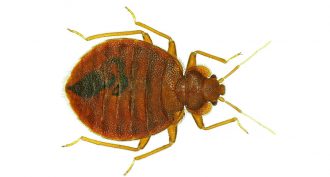 Health & Medicine
Health & MedicineBed bugs have favorite colors
Bed bugs change their color preferences as they get older. Adults like red and black, which may help the dark bugs avoid predators.
-
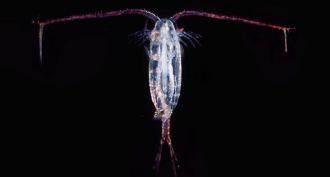 Animals
AnimalsScientists Say: Copepod
Copepods are tiny crustaceans. They eat phytoplankton and float in the water column, although some live in freshwater and on the sea floor.
-
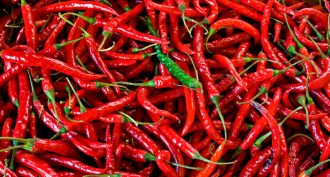 Health & Medicine
Health & MedicineThe cool science of hot peppers
Why are chili peppers spicy? Why does anyone crave food that burns? Uncovering this fiery veggie’s secrets could help fight pain and obesity.
-
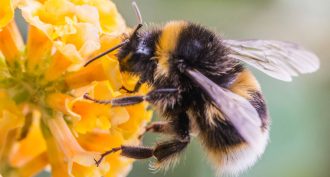 Animals
AnimalsPollen can become bee ‘junk food’ as CO2 rises
Increasing levels of the greenhouse gas are changing diminishing the food value of pollen, bees’ only source of protein.
By Susan Milius -
 Microbes
MicrobesThis microbe thinks plastic is dinner
The bacterium Ideonella sakaiensis chows down on one type of polluting plastics. That means it could become helpful in cleaning up environmental waste.
-
 Health & Medicine
Health & MedicineNewly discovered microbe keeps teeth healthy
A newfound bacterium halts the tooth erosion that leads to cavities. This germ or one like it might one day be added to toothpaste or mouthwash.
-
 Environment
EnvironmentBreathing very dirty air may boost obesity risk
Breathing dirty Beijing air made rats heavier and less healthy than rats breathing clean air. Scientists now worry such polluted air may do the same thing to people.
-
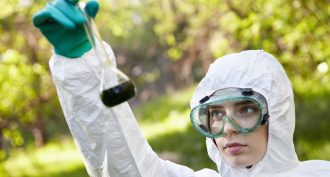 Microbes
MicrobesMicrobes mine treasure from waste
Like miniature factories, bioreactors house microbes recruited to chew through wastes to clean dirty water, make chemicals or generate electricity.
-
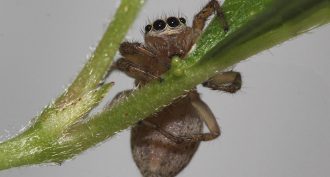 Animals
AnimalsSpiders eat insects — and sometimes veggies
Plant-eating spiders have been found on every continent except Antarctica, a new study notes.
-
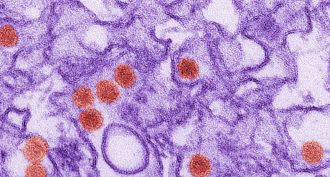 Health & Medicine
Health & MedicineScientists link Zika to nerve disease
The Zika virus is spreading in the Americas. There has also been an uptick in cases of Guillain-Barré syndrome. Scientists think the two are linked.
By Laura Sanders and Meghan Rosen -
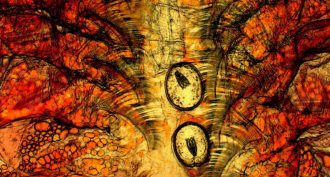 Animals
AnimalsParasites give brine shrimp super powers
When infected with parasitic worms, brine shrimp survive better in waters laced with toxic arsenic, a new study finds.
-
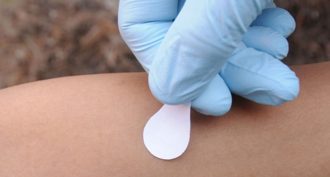 Tech
TechOuchless measles vaccine could save lives
A new ‘ouchless’ vaccine patch that uses dissolving microneedles could make efforts to vaccinate against measles more practical.